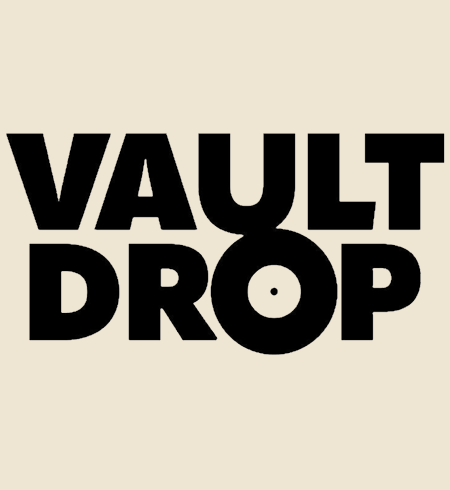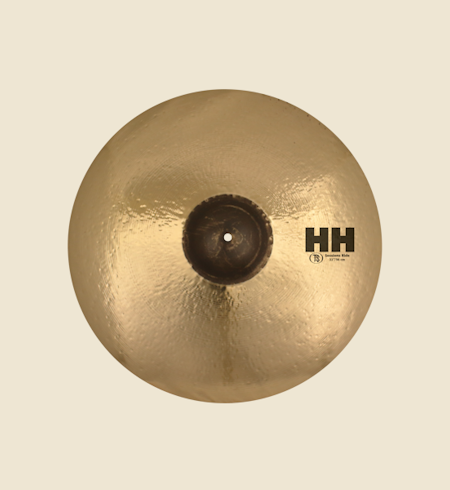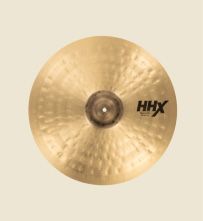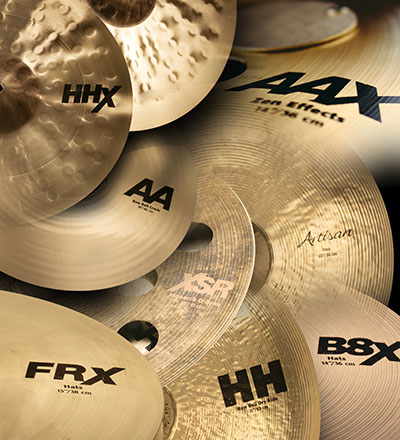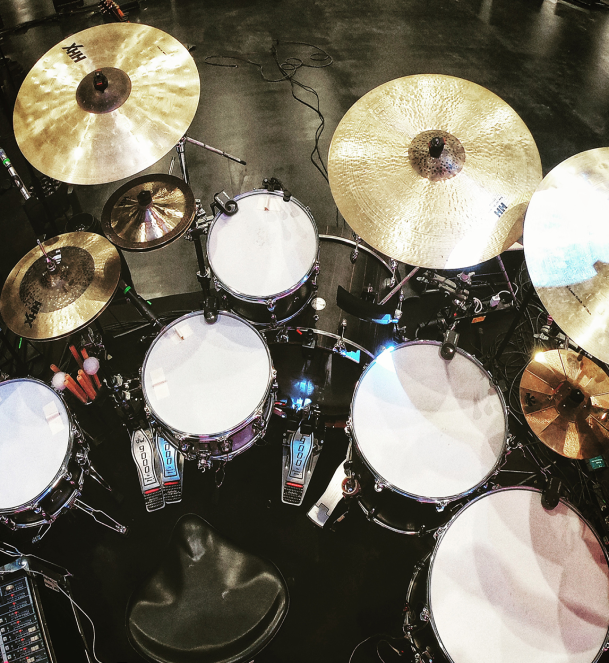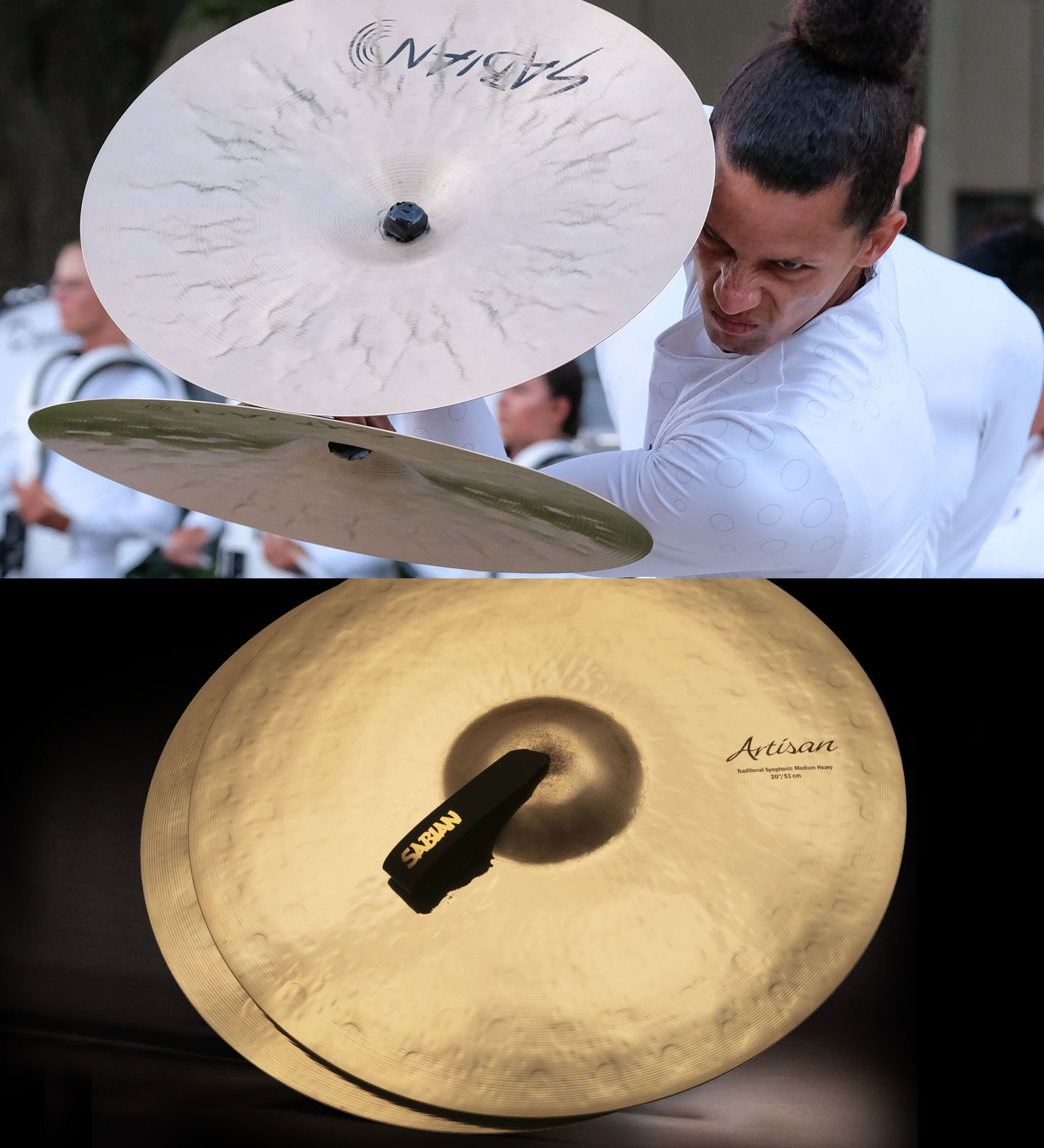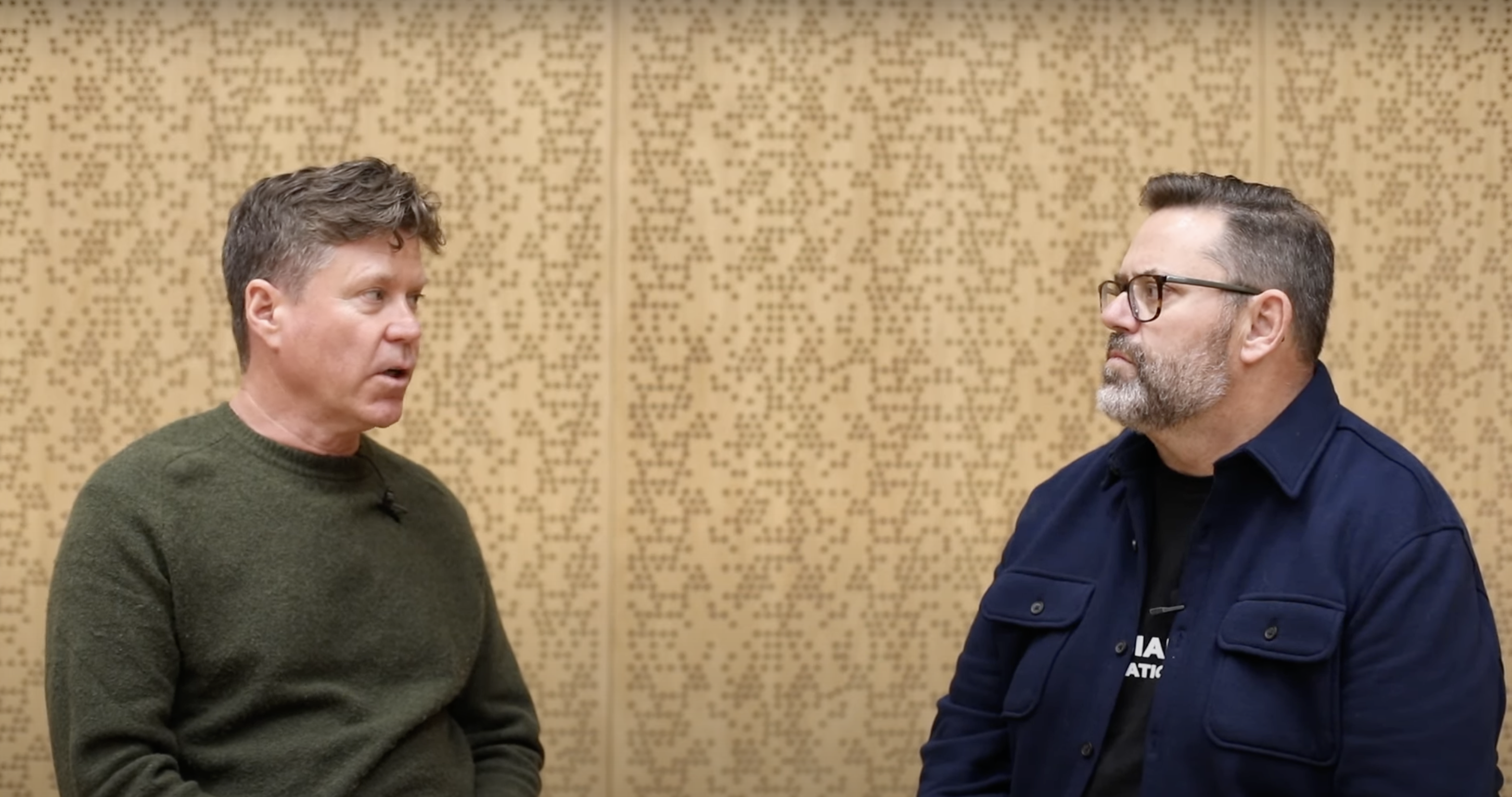A leading figure in the world of marching percussion and percussion education, Paul Rennick is the music coordinator, percussion director and arranger for the 2018 World Champion Santa Clara Vanguard Drum & Bugle Corps. In 2017, he was elected to the Drum Corps International Hall of Fame and the World Drum Corps Hall of Fame in 2021. Mark Reynolds, SABIAN’s National Director of Sales & Education, caught up with Rennick at Carroll Senior High School earlier this year.
Mark Reynolds: So, Paul – SCV’s back!
Paul Rennick: It’s super exciting. We’ve gone through our regional auditions, and this is the first callback camp. The talent level is through the roof. Sometimes it’s a really heartbreaking and intense time. But we have players [that] seem to be getting better every year. So, it’s really a lot of fun.
MR: Do you know how many total came out to audition?
PR: There was a Texas regional and a California regional audition for percussion. And, I think it was between 200-300 people. Really solid turnout. One thing that happens is kids will be intimidated about coming out, unless they’re sure they’re going to have a very good shot at making it. So, the thing that is noticeable is that the percentage of people that can really play well, it’s through the roof. It’s like 3/4 people can really play well. And some of my experiences with other cores, especially when I was younger, there are just a ton of people [with] a small percentage that could really play well. And now it seems to be the opposite.
MR: So, are most of the camps for SCV here in Texas now?
PR: Right, and I think there’s been a couple of reasons why. Obviously, it’s much easier facility-wise to work with band programs in this area. It seems to be a lot more difficult in California and a lot more expensive. Honestly, we’re always concerned about the expense for the members. And I think there’s definitely a feeling that there is a healthy margin of people that come from this area, more so than I think on the West Coast. So, it actually saves the members quite a bit of money. Every month, they previously used to have to buy a plane ticket in addition to their tour fees and all that kind of stuff, and that can add up.
MR: I was talking to a couple people in the admin, and they were saying that like out of 200-300 kids that would come to a camp, over 120 or 130 have Texas addresses anyway, like they’re driving to camp.
PR: They’re really appreciative. And, you know, honestly, I’m sure some of those would be prohibited by cost if they had to travel once a month to San Francisco or San Jose. It’s expensive. And our demographic is broke students [laughs]. As an organization, I’m proud of that. We do everything we can to reduce cost to make it more affordable.
MR: Well, I tell you, you have a beautiful facility at Carroll Senior High School.
PR: Previously, the percussion director here was a former member of the group. He was a section leader of the quad line. He got a degree from North Texas and that was his position. He’s since moved, and it was actually filled by another alumni that I’ve known since the 90s. So, it’s really a friendly situation. The band directors are really accommodating. They appreciate us being here so that their students become exposed to this.
MR: So, speaking of former students and teaching – 2024, this summer, what year is this for you teaching drum corps? I mean let’s do some math and figure it out [laughs].
PR: I don’t mean to be coy about it, but I kind of stopped counting. Let’s figure this out. I marched in the 80s, so I started teaching a couple years after I aged out…I want to say this is like 34 years. The very first camp I did, I think was maybe 36 years ago.
MR: And then how many years have you been at UNT as a professor?
PR: Oh, the whole time I’ve worked as a lecturer. And so, adding all of the years up, it’s like 30 years.
MR: That’s awesome. So, when you look at the percussion section this year, obviously SCV was not out last year. And from everybody I’ve talked to, people are just through the roof excited about SCV coming back. So, with you being off last year and having to watch it from the sidelines, so to speak, how excited are you? I’ve known you a long time. You’re not a complacent person. So, like, how excited are you after not having drum corps last year in your life, you and Sandy, to now get to do it again?
PR: It’s fantastic. Honestly, it’s sort of like a fresh start. And it’s hard to explain it, because you’re right, I’ve been doing it for so long. But taking a year off was really, I think, an unusual thing for me to see it. I went and saw 4 different drum corps shows – I mean, when was the last time I did that? Like, sat and watched everybody play? I was really trying to analyze the state of drum corps and the shows and what’s current.
MR: You’re in the middle of the writing process now. Do you think that had an impact? Do you think you’re writing a little differently?
PR: A little bit. I think that the source material we’re using this year is definitely different. And it’s not scary at all. I think it’s completely going to work, and it’s going to be new and different. We’re going to tap into a style of music that I really haven’t heard that much. When you’re away from something, you realize how much you miss it and how much you want it. It’s been so much fun writing the music. And we’re about halfway through the show, from a writing standpoint.
MR: That’s awesome. So, are you going to be pretty excited for that first show?
PR: Oh yeah, I’m sure. The thing that’s almost the most interesting for me is the preparation process. It’s like putting the show together and working with the students in that environment…You know, back when I was a player, you would use the tour to rehearse and to sort of change the show. And, believe it or not, there was a time when there was a first tour, second tour, and there was a break in between. You could kind of fix things that didn’t work. I think there’s a lot more pressure now to make sure it works right away, because the tours are getting shorter. The travel between shows is longer. There’s less time to figure all that stuff out.
MR: From a SABIAN standpoint, I’m excited that you guys are out for sure. You’ve had a chance maybe to hear the hand cymbals that you developed for us, the Overtures. Are you still excited? You got your brain wrapped around all that sound?
PR: Yeah, I think it’s remarkable. I mean, there’s a reason that we’re associated, and I think it’s because of the creativity and innovation behind the company. The hand cymbals… Honestly, I’m very sincere about this. It was the first time that I thought every little nuance was audible, because I think we’re always fighting that battle in drum corps. Audibility is a real issue sometimes…I was just absolutely blown away that, no matter where they were, I could hear them. And I can’t tell you how much I appreciate that. It really is an absolute game changer.
MR: Well, the last thing I wanted to talk about was this: When I was pulling up this afternoon, I was thinking about our first conversation when I got to SABIAN. We had a discussion about building a cymbal that, like, nobody’s heard that sound before. And I am just so grateful for you and Sandy. You and I talked about SABIAN Education and it being a community. A family. All the high school groups that we have, a lot of that is because you trusted me and you trusted SABIAN. And I appreciate that because there are so many people now that are experiencing the product. Our job is to make products you feel that you can create the best music with. You always have top tier amazing players. And you and Sandy do a phenomenal job writing. I can’t thank you enough for showcasing the product and letting people hear what these sound like.
This conversation has been edited for length and clarity.
